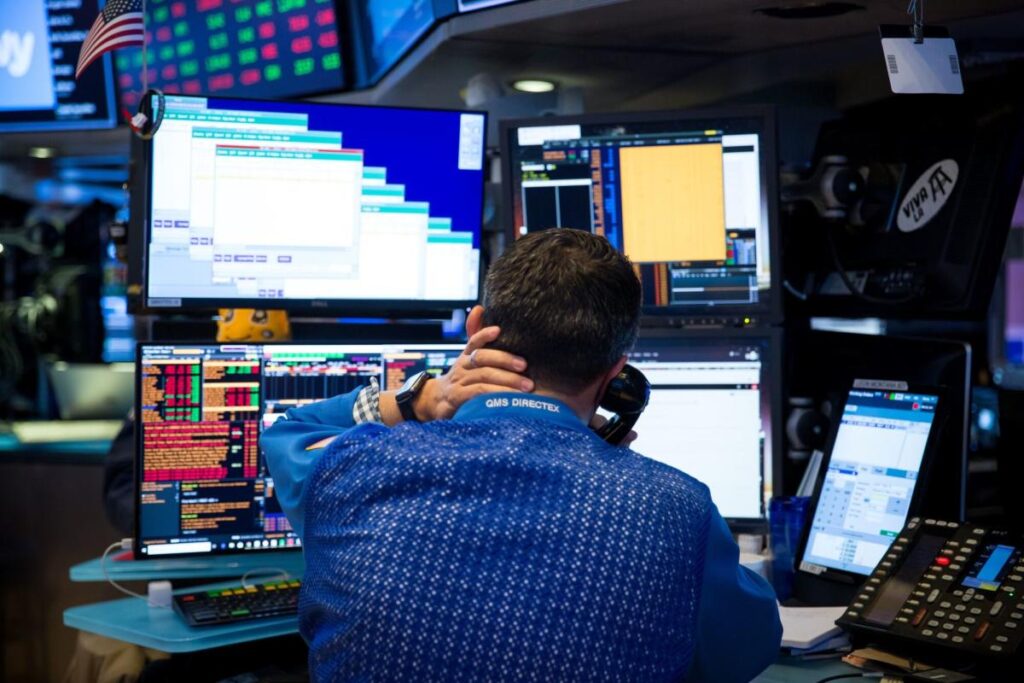(Bloomberg) — The case for buying pricey Big Tech stocks on the assumption that profit growth is poised to re-accelerate is starting to look shaky.
Most Read from Bloomberg
With reports now in from all but Nvidia Corp., earnings for the group have been better than initially expected but that hasn’t stopped the stocks from lagging the broader market. The problem? Profit outlook has gotten murkier as companies like Amazon.com Inc. and Alphabet Inc. spend lavishly on artificial intelligence and tariff and US policy risks loom over Apple Inc. and Tesla Inc.
“There are a lot more questions for the mega-caps than answers,” said Ivana Delevska, chief investment officer at SPEAR Invest. Top among them, according to Delevska: Where is the uptick in growth from all of the heavy spending?
Wall Street projections for profits in the current quarter have ticked lower for most of the so-called Magnificent Seven companies over the past month. Net income estimates for the current quarter have fallen 25% for Tesla, roughly 4% for Apple and 3% for Amazon in the same period, according to data compiled by Bloomberg.
Big Tech stocks have powered the S&P 500 higher for most of the past two years amid soaring profit growth. But that outperformance has been slipping with earnings expansion cooling and cheaper valuations in other sectors prompting investors to bet on less expensive areas of the market.
So far, earnings growth in the fourth quarter is projected to be 30%, compared with 22% at the start of reporting season, according to data compiled by Bloomberg Intelligence. But that forecast is providing investors little consolation. Of the six that have reported since Jan. 29 – when Microsoft, Meta Platforms and Tesla kicked off earnings — only Meta’s shares are significantly higher as traders bet that the Facebook and Instagram owner is best positioned to generate revenue growth from higher AI capex.
The rest of the group has trended lower following reports that failed to exceed lofty investor expectations. Disappointing cloud figures weighed on shares of Amazon and Microsoft, even as they blamed the weakness on capacity constraints, not demand. Apple shares lost a post-earnings boost due to increasing concerns over tariffs and China’s economy, while Tesla stock declined following disastrous sales figures and US policy threats.
Story Continues


